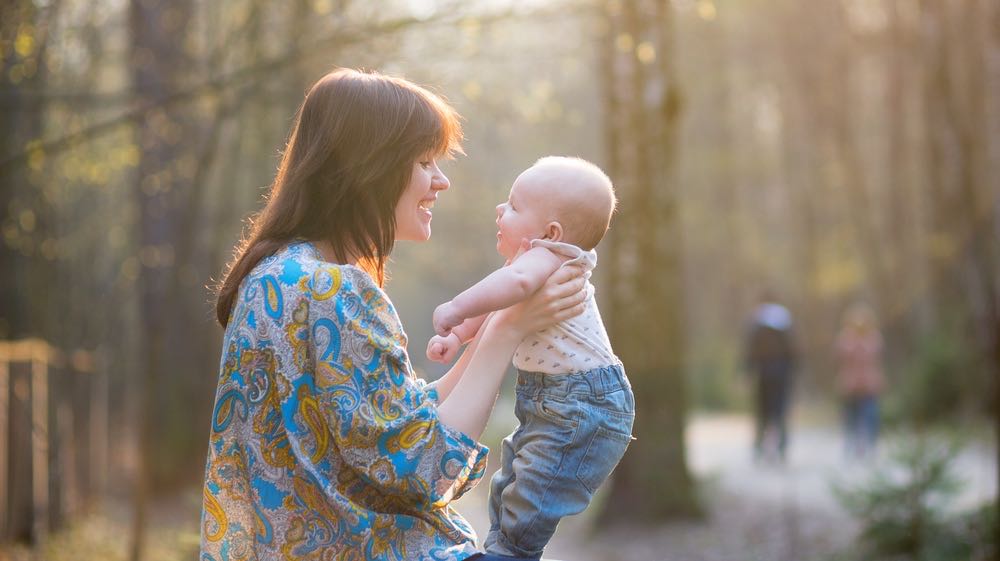Babies Learn Better When Surprised

New research out of Johns Hopkins University suggests that babies learn more effectively when taken aback or surprised. Brian Handwerk of Smithsonian Mag explains:
“Fans of ‘Got Your Nose’ take note: Unexpected experiences that violate infants’ innate knowledge of the world, like a ball appearing to roll through a solid wall, stimulate interest and help them figure out where to focus their learning efforts. The discovery not only shows that very young babies already have sophisticated expectations, but that the ones who experience surprises learn more efficiently than those who don’t.”
Cognitive psychologists Aimee E. Stahl and Lisa Feigenson co-authored the new study published in Science. They found that babies are motivated to learn more about their surroundings and do so best when confronted with surprising events. If a new item is introduced into their immediate environment in a startling way, a baby is much more likely to pursue further understanding of the object than if the object hadn’t surprised them.
Read more at Smithsonian Mag.
Below, psychologist and Big Think expert Alison Gopnik explains her own childhood and how to analyze the psyche of an infant:
Photo credit: FamVeld / Shutterstock





